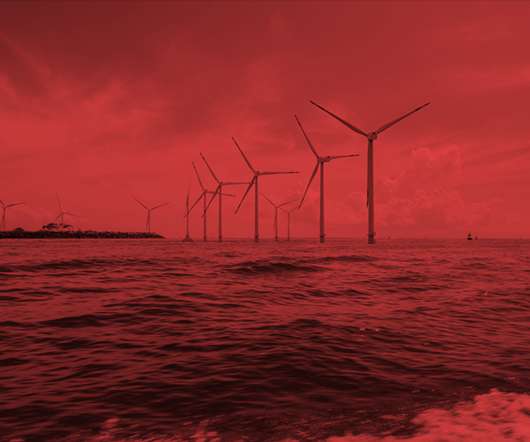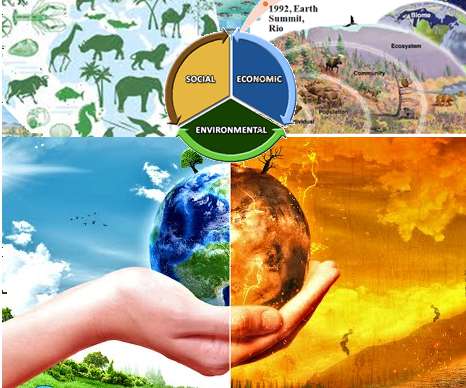How To Buy Carbon Offsets: 6 Certified and Vetted Options
Green Business Bureau
APRIL 12, 2022
The voluntary carbon offset market is rocketing, with the Ecosystem Marketplace reporting an annual market value of ~$1 billion in 2021, which was an all-time high. This can make things difficult for business leaders like you, looking to reduce their carbon footprint through purchasing offsets. The rules of carbon offsetting.















Let's personalize your content